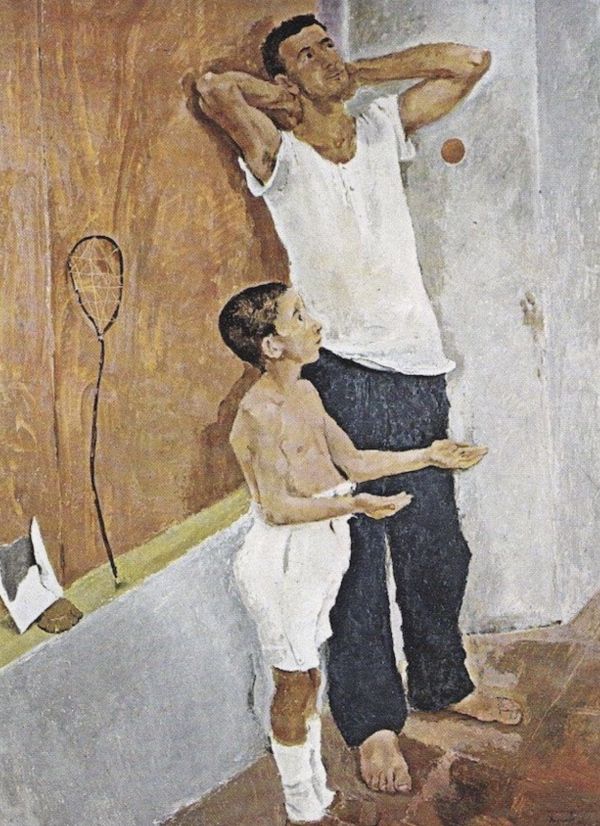(Jn 5:31-47)
«But I have a greater testimony than John» (Jn 5:36). «Jesus loved others in the Father, starting from the Father – and thus he loved them in their true being, in their reality» [Pope Benedict].
Jesus does not love the catwalks. The Son remains immersed in the Father: he does not receive support and glory from men nor from “perimeters”, because he is not impregnated with ‘normal’ expectations.
Predictable hopes delay the budding of the Kingdom, of its alternative caliber - in the living experience of further exchanges; in the completeness of being that belongs to us.
The pathology of reputation, of accredited beliefs and practices in accordance with the context, excludes the blow of wings. But every short and rigid perspective rejects God in the name of God.
Only what is not petrified testifies Christ the Lord, the likeness of the Father who doesn’t reject our eccentricities, because he wants to make them grow - recovering the flourishing opposites.
The same "bad moments" that crumble prestige are also a spring to activate ourselves and not to stagnate in the same situations as always; by regenerating, proceeding elsewhere.
In short, our Heaven is intertwined with the flesh that transmutes, with the earth and our dust: It’s inside and below, not behind the clouds or in manners.
In John there is often the aspect of trial (religious) court to which the story of Jesus was subjected.
Sometimes men's aspirations are strangely hinged on the need to recognize one another, whatever it takes. But in this way we always remain “the same as before”.
Our world... centered on the honor that’s received. Theme is: the «Glory» - which however becomes a dialogue between deaf.
«Doxa» in the Greek world means a manifestation of prestige, honor, esteem.
In Hebrew, the term Glory [Kabôd] indicates specific, qualitative ‘weight’ (and manifestation) of the transcendent.
So the ‘glory’ that man gives to God - so to speak - is the opposite of the Hellenist criterion: a humble and grateful recognition, of familiar and humanizing ‘weight’.
No one is called to artificial prestige and strength. The Glory of Jesus himself was only the awareness and confession of being sent by the Father.
Nothing else is due to us.
The failures that put fame in the balance serve to make us realize what we hadn’t noticed, therefore to deviate from a conformist destiny.
The Way in the Spirit is inspired by a dimension of Mystery and Freedom to be discovered: Exodus.
The cages [even "spiritual"] blame everyone who’s different, inculcate tormenting thoughts, curb the most fruitful oddities.
These frames don’t awaken creativity, on the contrary they anesthetize it according to an internal cliché: precisely where one takes «glory from each other» (v.44).
“Prisons” do not teach how to give life momentum in a personal way and at the right time; and even the rhythm does not modulate itself on the different inclinations, on their originality - unique richness, which prepares the unrepeatable and extravagant New.
In fact, the unilateral imprint doesn’t respect nature, so it reinforces what says it wants to drive away. A disaster for a life of meaning and witness in Christ.
The Lord had as his only daily worship - in fact - the void of social support (it did not accept his deviations) and the fullness of the dawning in the Father.
[Thursday 4th wk. in Lent, April 3, 2025]












